The Mandela effect, a phenomenon where large groups of people remember events or details differently than what is recorded in history books or other sources, has been observed in various aspects of popular culture. A recent example of this collective false memory is the perceived Fruit of the Loom logo featuring a cornucopia, a woven brown horn of plenty. According to a 2022 poll, 55% of Americans believe the logo includes a cornucopia, 25% are unsure, and only 21% are confident that it does not, despite the fact that the logo does not feature a cornucopia.
Researchers have been studying the Mandela effect to understand its causes and implications. "The Mandela effect is a fascinating phenomenon that highlights the complexities of human memory and perception," said Dr. Elizabeth Phelps, a cognitive neuroscientist at New York University. "It's not just about people misremembering facts, but also about how our brains process and store information." Dr. Phelps' research has shown that the Mandela effect can be attributed to a combination of factors, including confirmation bias, social influence, and the influence of similar memories.
The phenomenon has also been observed in other areas, such as the perceived color of the dress in a viral photo and the memory of Nelson Mandela's death. The name "Mandela effect" was coined by paranormal consultant Fiona Broome, who wrote about the phenomenon on her website in 2010. Broome described how she and many others remembered Nelson Mandela dying in prison in the 1980s, when in fact he had not died at all.
In related news, researchers have made significant progress in developing a vaccine for the common cold. According to a recent study published in the journal Nature, a team of scientists at the University of Pennsylvania has developed a vaccine that has shown promising results in clinical trials. The vaccine, which targets the rhinovirus, the most common cause of the common cold, has been shown to reduce the severity and duration of symptoms in participants.
The development of a cold vaccine has significant implications for public health, as the common cold is a leading cause of missed work and school days. "A vaccine for the common cold would be a game-changer for people's health and productivity," said Dr. Anthony Fauci, director of the National Institute of Allergy and Infectious Diseases. "We're getting closer to making that a reality, and we're excited about the potential for this vaccine to make a real difference in people's lives."
The vaccine is still in the experimental stages, and further testing is needed before it can be approved for widespread use. However, the results of the clinical trials are promising, and researchers are optimistic about the potential for a cold vaccine to become a reality in the near future. "We're making good progress, and we're hopeful that we'll be able to bring this vaccine to market soon," said Dr. Paul Offit, a pediatrician and vaccine expert at the Children's Hospital of Philadelphia.
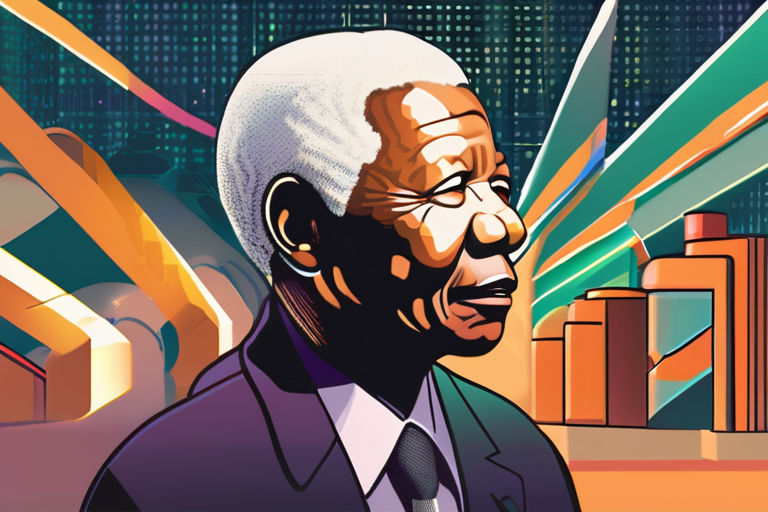



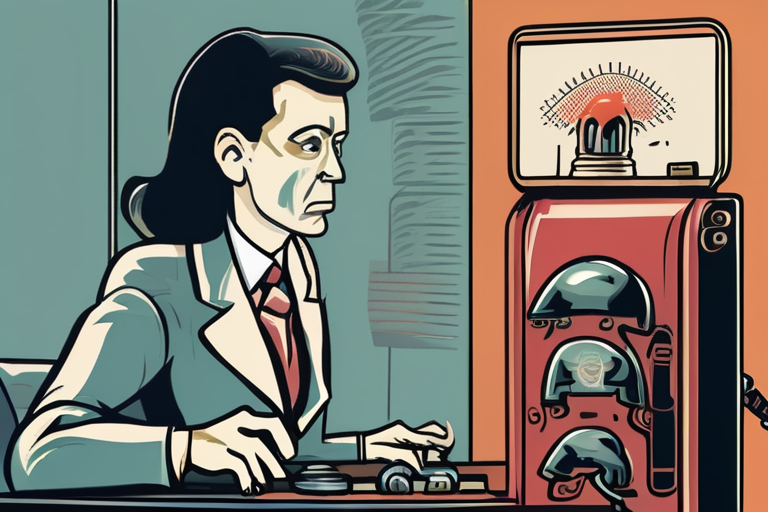
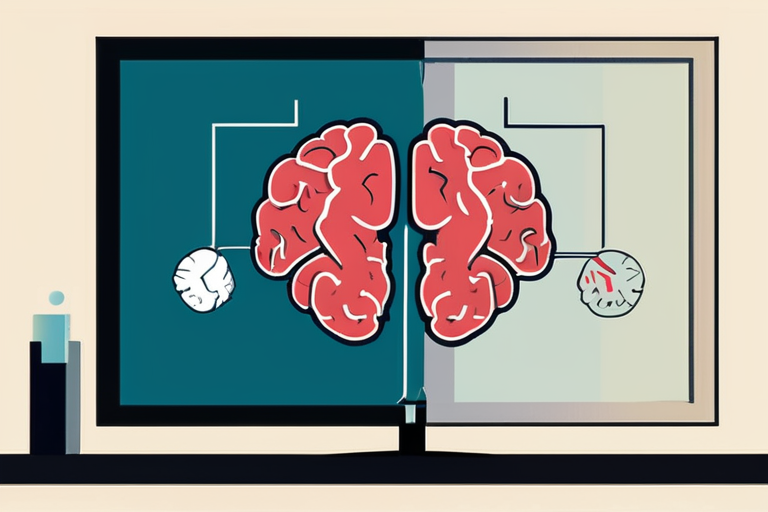
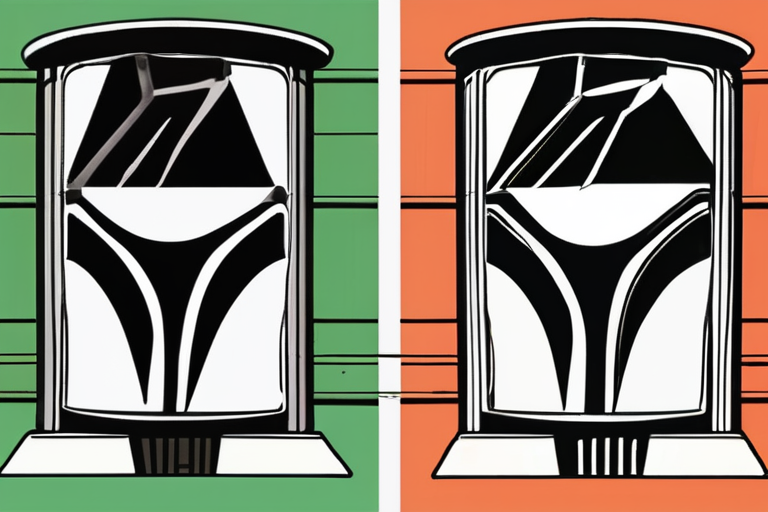
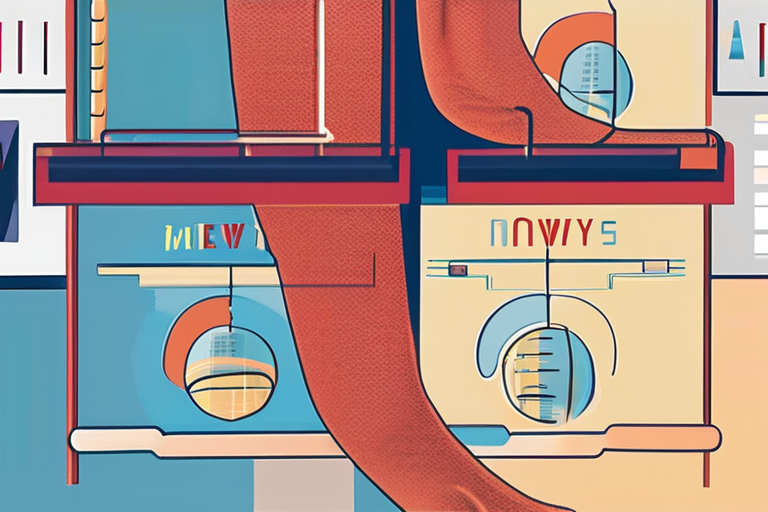
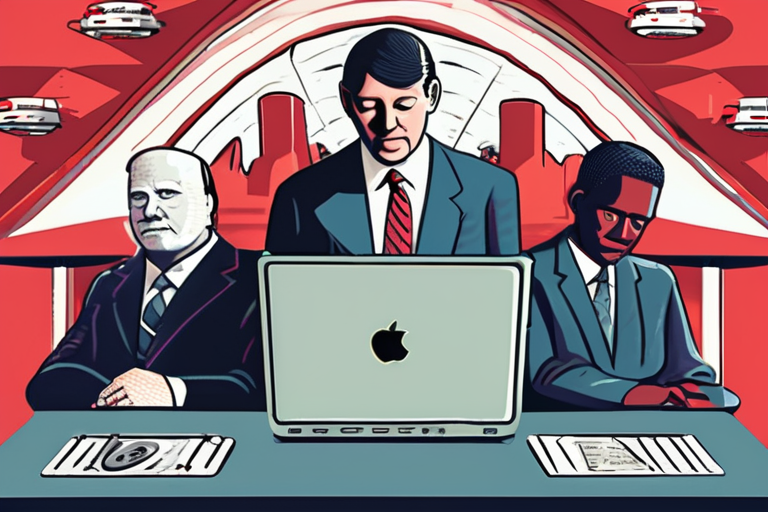
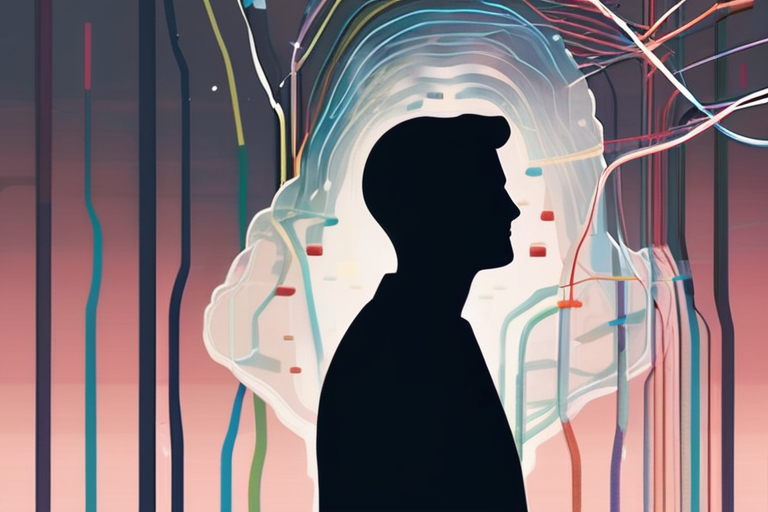
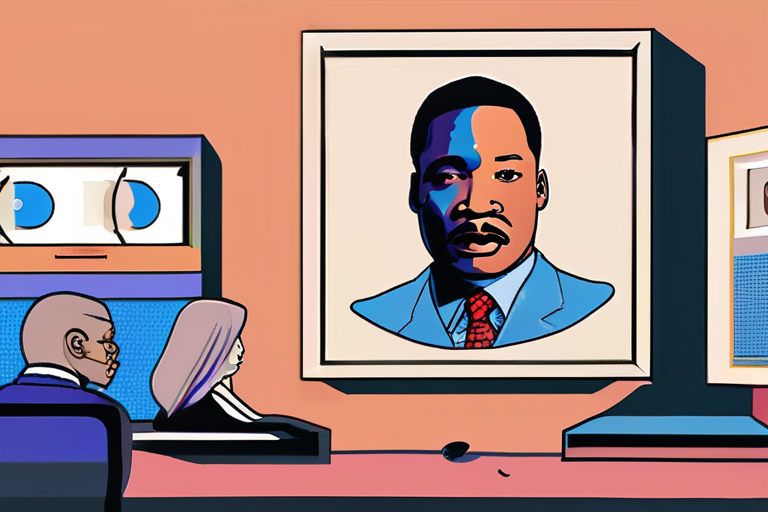
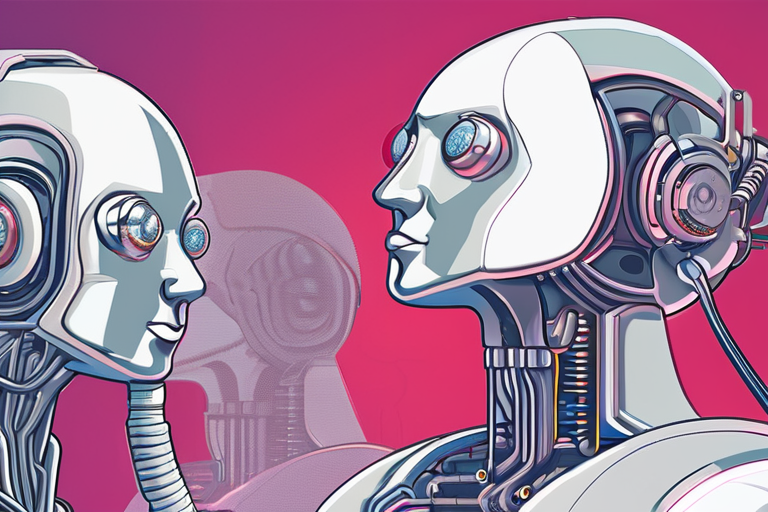
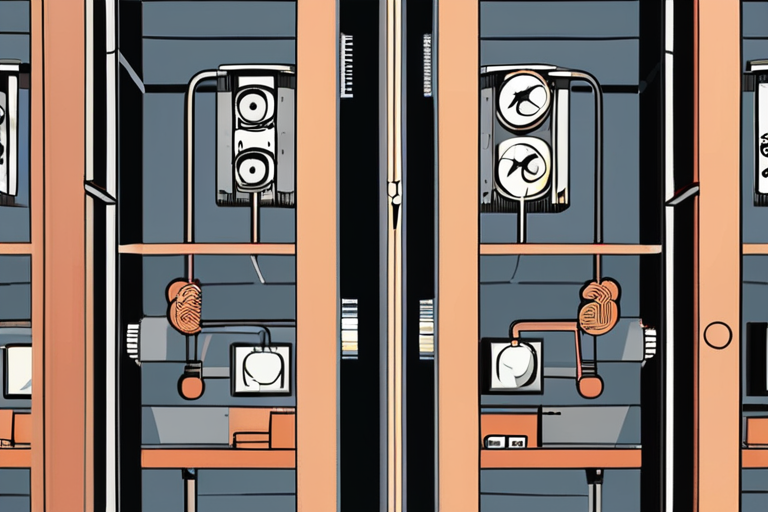
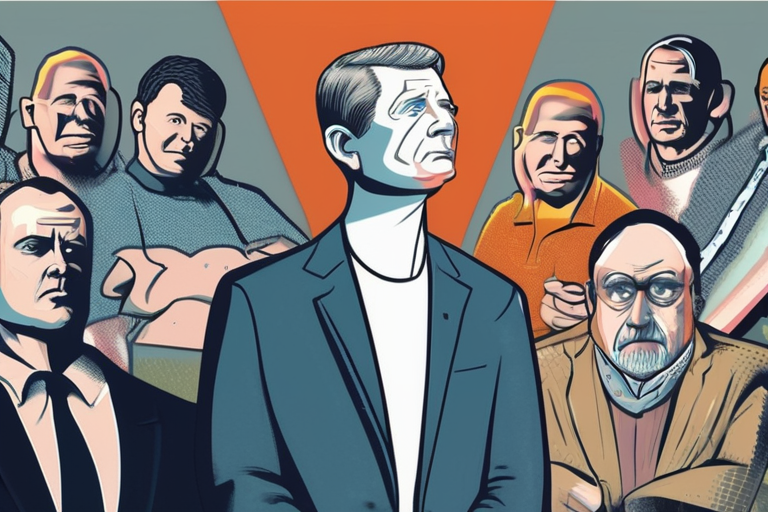
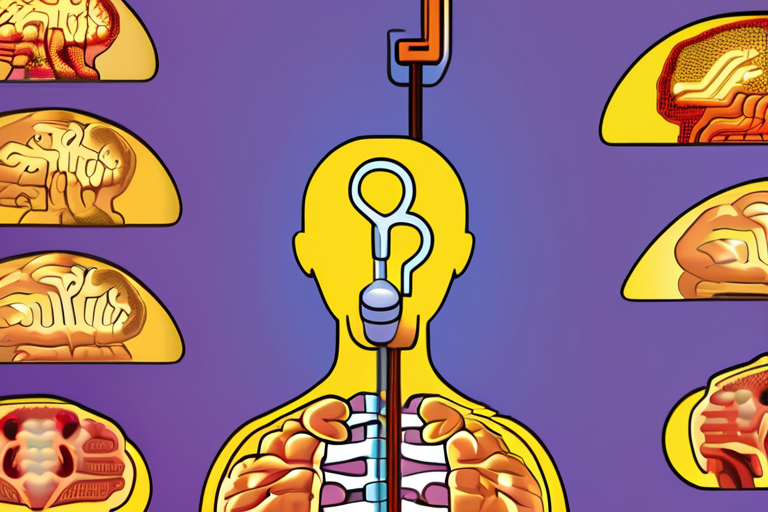
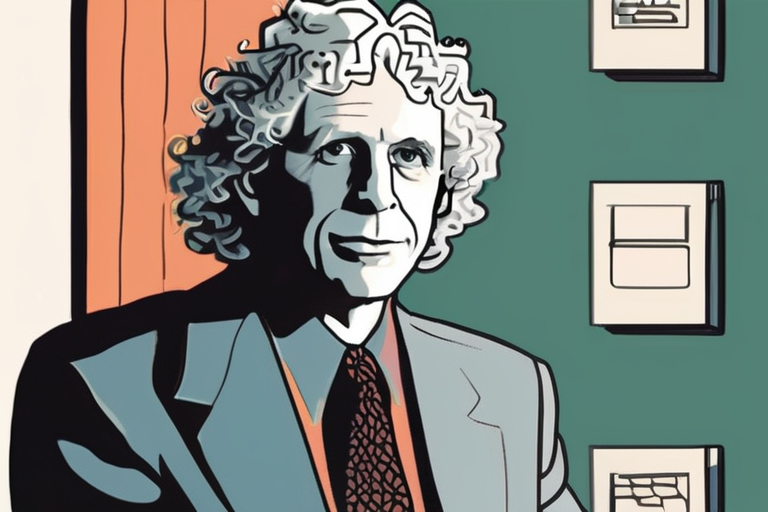


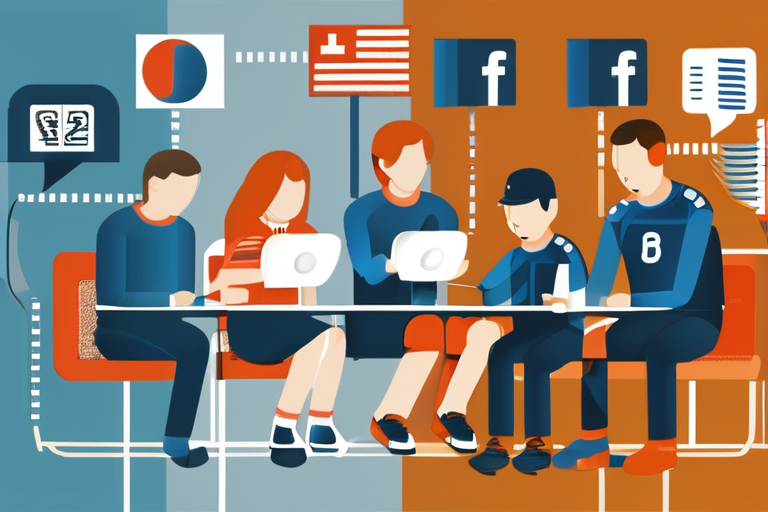

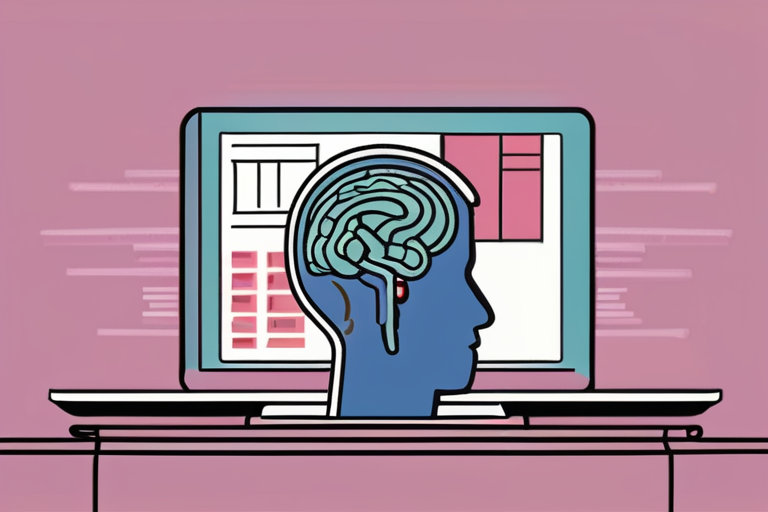
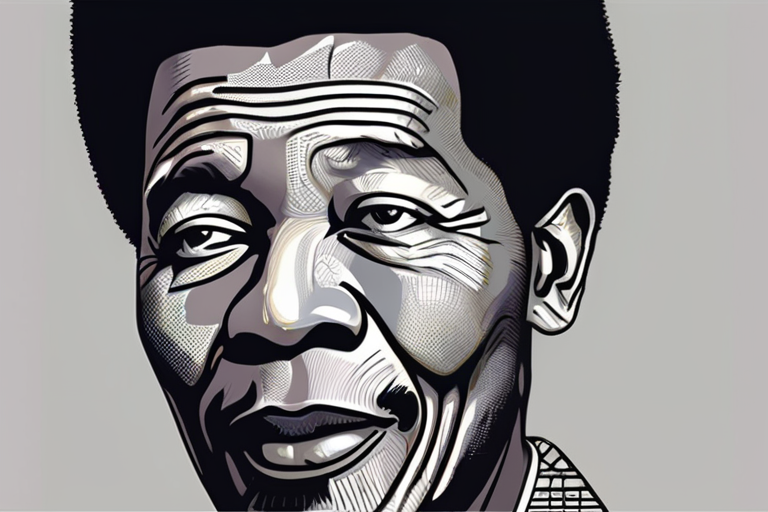
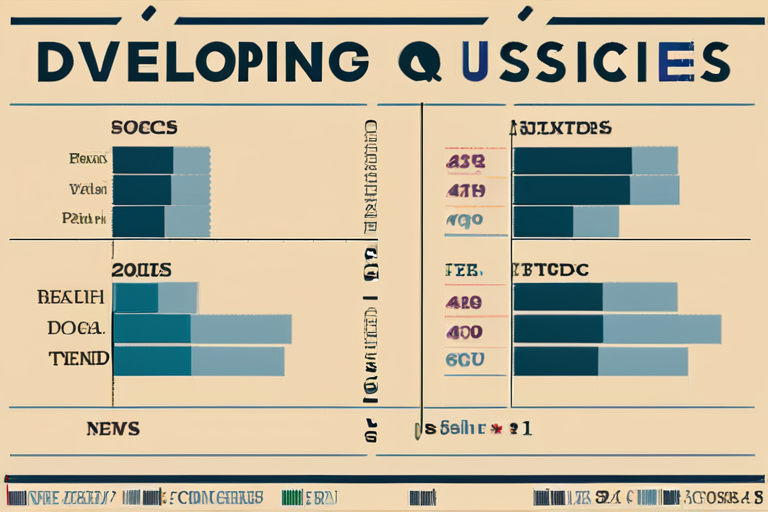

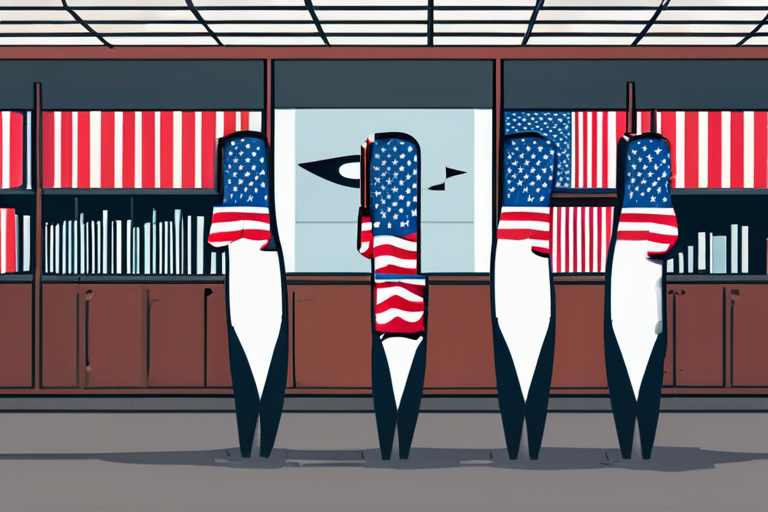

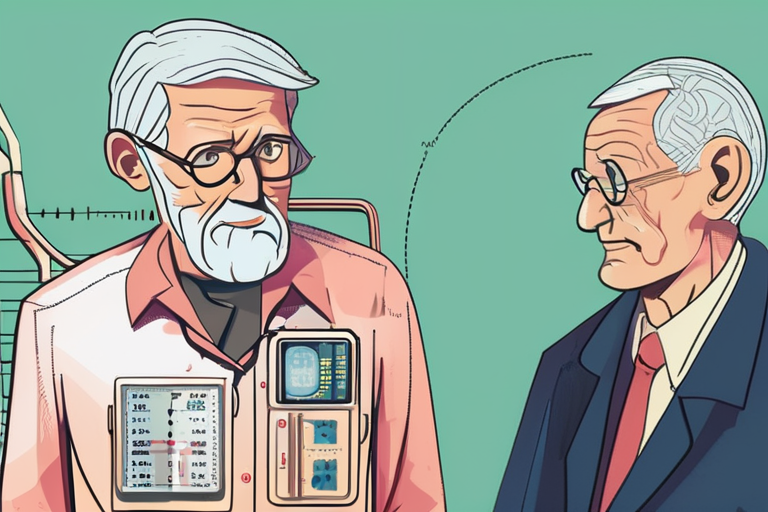
Share & Engage Share
Share this article